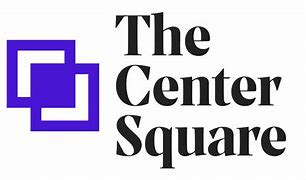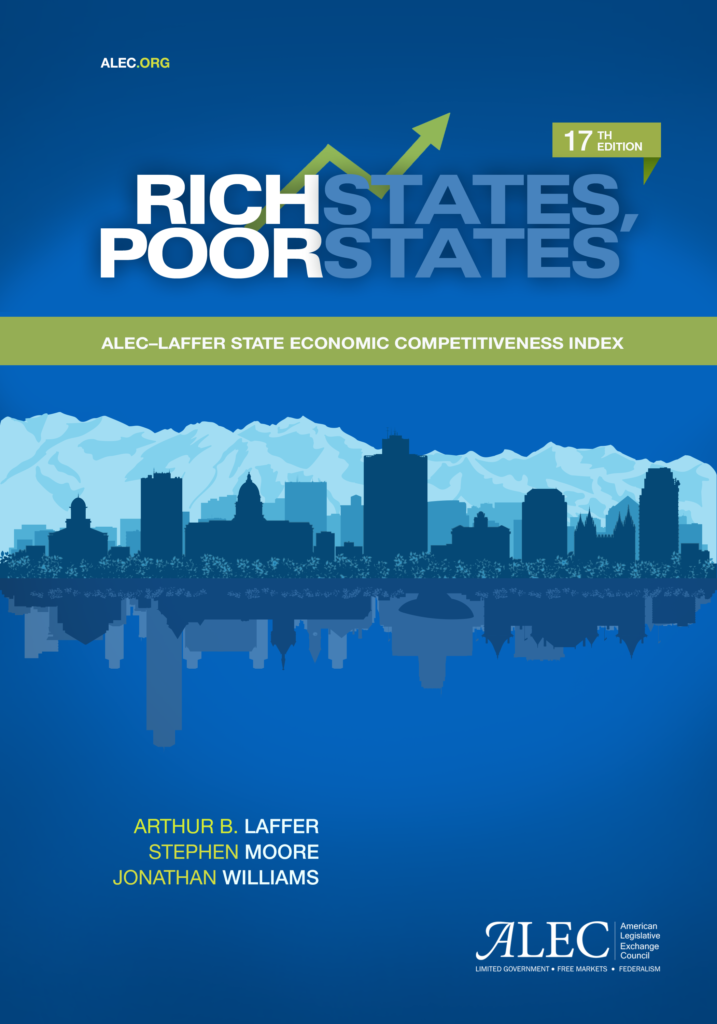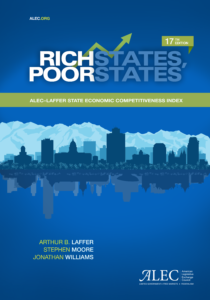Co-author Jonathan Williams and Dave Trabert of the Kansas Policy Institute detailed the new Kansas property tax reform legislation in National Review:
The new Kansas Truth in Taxation law reduces the mill levy so that new property valuations produce the same dollar amount of property tax to cities, counties, and school districts as it did the previous year. If local officials want to raise the revenue-neutral mill levy, they must notify citizens of their intent, hold a public hearing to take comment, and take a recorded vote on the entire tax increase. These new requirements thereby close the honesty gap; local officials can no longer pretend to “hold the line” on property-tax rates while taking in large increases from valuation changes.
This common-sense policy is based on the American Legislative Exchange Council (ALEC) model policy and the successes of Utah and Tennessee. Under Utah’s Truth in Taxation law, the effective property-tax rate declined 7.5 percent between 2000 and 2018; during that same period, the Kansas effective tax rate jumped 22 percent. Hardworking taxpayers in Kansas can now expect lower effective property-tax rates and a more honest discussion around property-tax burdens in the future.




